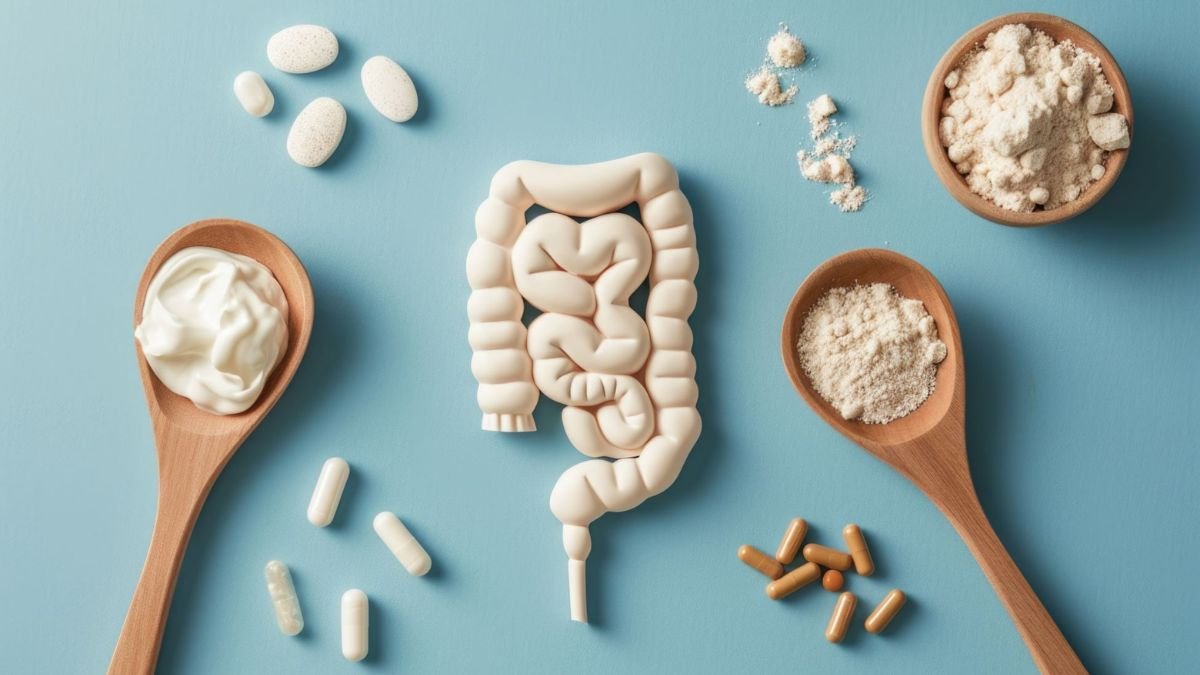 Brazilian Butt Lift (BBL)
Brazilian Butt Lift (BBL)
The Role of Fermented Foods in Gut Health
A well-balanced gut microbiome is crucial for digestion, immunity and overall well-being. One of the most effective ways to nourish gut bacteria is by incorporating fermented foods into your diet. These foods undergo natural fermentation, a process in which microorganisms like bacteria and yeast break down sugars and starches, enhancing nutrient absorption and introducing probiotics.
Here are five powerful fermented foods that can elevate your gut health and overall digestion.
1. Yogurt: The Classic Probiotic Powerhouse
Yogurt is one of the most well-known probiotic foods, packed with live cultures like Lactobacillus and Bifidobacterium. These beneficial bacteria support digestion, help reduce bloating and improve gut flora balance. Opt for plain, unsweetened yogurt with active cultures for maximum benefits. If you’re lactose-intolerant, plant-based yogurts made from almond, coconut, or soy milk with added probiotics are excellent alternatives.
2. Kimchi: A Korean Superfood for Gut Health
Kimchi, a staple in Korean cuisine, is a spicy, tangy fermented vegetable dish primarily made with napa cabbage and radishes. Fermented with lactic acid bacteria, kimchi enhances gut microbiota diversity, promotes digestion and contains anti-inflammatory properties. Additionally, its high vitamin C and antioxidant content support immune function. Adding kimchi as a side dish or mixing it into salads can be a flavorful way to reap its benefits.
3. Kombucha: A Refreshing Probiotic Drink
Kombucha is a fermented tea made with a symbiotic culture of bacteria and yeast (SCOBY). This tangy, slightly fizzy beverage is rich in organic acids, probiotics and antioxidants that support digestion and detoxification. Regular consumption of kombucha has been linked to improved gut health, enhanced energy levels and reduced inflammation. However, be mindful of sugar content when choosing store-bought versions.
4. Miso: A Savory Japanese Fermented Paste
It is a traditional Japanese seasoning made from salt, fermented soybeans and koji (a type of mold). It is widely used in soups, marinades and sauces, offering a deep umami flavor along with gut-friendly probiotics. Miso is particularly beneficial for promoting digestive enzyme activity and boosting immunity. To preserve its probiotic content, add miso to warm, not boiling, water when making soup.
5. Sauerkraut: A European Gut-Healing Classic
Sauerkraut, made from fermented cabbage, is rich in probiotics, fiber and vitamins C and K. The fermentation process enhances its digestibility and nutrient profile, making it a valuable addition to a gut-friendly diet. Unlike store-bought versions that may be pasteurized (which kills probiotics), homemade or raw, unpasteurized sauerkraut retains its beneficial bacteria. It pairs well with sandwiches, salads, or as a side dish.
How to Incorporate Fermented Foods into Your Diet
Adding fermented foods to your meals doesn’t require a complete diet overhaul. Start small by incorporating one or two servings daily and gradually experiment with different varieties. Be mindful of portion sizes, as excessive consumption may cause bloating in those unaccustomed to probiotics.
For those with specific dietary restrictions, many fermented foods come in dairy-free, gluten-free, or vegan options. If you’re making homemade fermented foods, ensure proper hygiene and fermentation time to maximize health benefits.
To Conclude
Fermented foods offer a natural, delicious way to support gut health, improve digestion and strengthen immunity. Whether you enjoy yogurt for breakfast, sip on kombucha, or add a spoonful of miso to your soup, these probiotic-rich foods can significantly contribute to overall well-being. By making them a staple in your diet, you can take proactive steps toward a healthier, more balanced gut microbiome.
